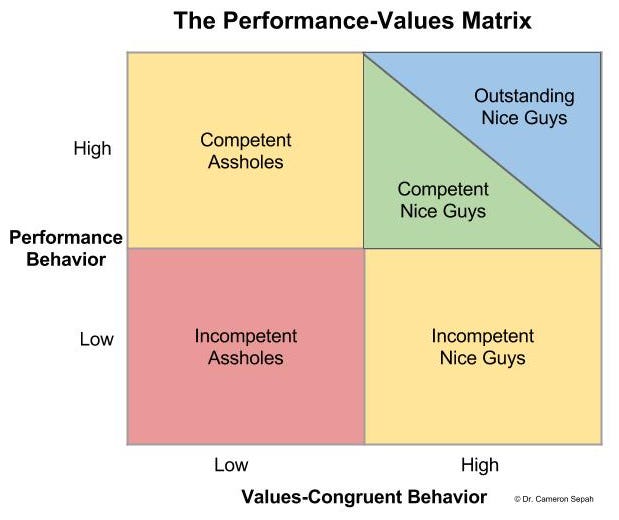Happy World Mental Health Day!
Today, we’ll see many people telling us to care for others. This is important.
At the same time, I’d like us all to take a step back and have a think about whether we’ve cared for ourselves.
Very often, we think we’re being selfless by putting others first and relegating our own needs to the backburner.
However, when we help others at our own expense, we’re actually being selfish; we end up not being able to help anyone at all, for want of sufficient self-care.
As we advocate for greater sensitivity to others’ mental healthcare needs, let’s also remember our own.
I’ve seen how damaging it is when leaders, friends and family members allow their own mental health issues to overtake them.
So distracted are they by the desire to provide for others that they end up depriving themselves of both self-care, as well as the cognitive bandwidth needed for self-awareness, to recognise how fast they’re falling – or how far they’ve fallen.
In the process, they end up hurting their colleagues, buddies and loved ones, and, in the process, irreparably damaging communities and relationships.
Air travel may seem like a foreign land to us these days, yet the safety guidelines provided during take-off briefings – regarding oxygen mask usage in emergencies – are instructive:
May we always remember to wear our own oxygen masks before helping others wear theirs.
Tag - psychology

Some trivia from the Ebola outbreak in 1995:
Outbreaks and the news they create also give the public a chance to see culture being created and transmitted because people invent behaviours and management strategies when they encounter new diseases. One small example of this occurred during the early days of the Ebola virus outbreak in Kitwit, Uganda. Villagers who were deathly afraid of contamination began to stop shaking hands and to start touching elbows in greeting, a gesture that became known as the ‘Kitwit handshake’… Shaking hands in greeting became briefly supplanted by touching elbows as a polite way to greet one another without passing the pathogen” (96).
— In Epidemiology and Culture by James A. Trostle (2005)
I thought I’d share this because of the behaviours manifested in:
- The public responses thus far – boomer-tips, panic-buying after the raising of the DORSCON risk, the response to the panic-buying itself, etc.; and
- Me, because of my own responses to boomer-tips and hand-shaking.
- Adam Grant On Interviewing to Hire Trailblazers, Nonconformists and Originals | First Round Review
“By default, companies are built in the image of their founders, which is why it’s vital to proactively introduce diversity of thought… ‘What happens when startups get successful and grow is that they become more and more vulnerable to the attraction-selection-attrition cycle, where people of the same stripes are increasingly drawn to the organization, chosen by it and retained at it. The way to combat that homogeneity creep is to proactively infuse the culture with originals, who have the will and skill to think differently'”. - How to Hire | eShares
Four principles and six heuristics on hiring. Some of them are counter-intuitive, and all of them turn what we think we know about hiring on its head. - Your Company’s Culture is Who You Hire, Fire, & Promote | @DrSepah
The writer presents a powerful Performance Value Matrix based on the following with the following categories and rules: Incompetent Assholes (Fire Fast); Competent Assholes (Remediate or Separate); Incompetent Nice Guys (Manage or Move); Competent and Outstanding Nice Guys (Praise and Raise). - The No Asshole Rule: Part 1 | HuffPost
There are myriad costs to keeping employees who engage in demeaning behaviour in an organisation: From how detrimental they are to the mental and physical health of their colleagues, to the overall undermining of learning and organisational effectiveness. - Why I Wrote The No Asshole Rule | Harvard Business Review
“My father always told me to avoid assholes at all costs, no matter how rich or powerful they might be, because I would catch their nastiness and impose it on others. I learned, as an organizational psychologist, that his advice is supported by research on ’emotional contagion’: if you work for a jerk, odds are you will become one”.
